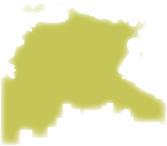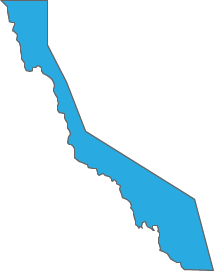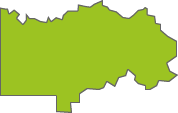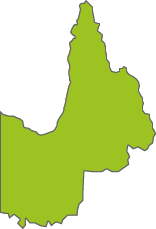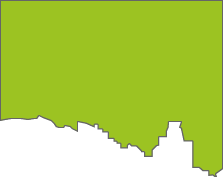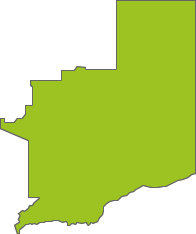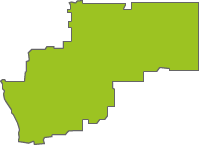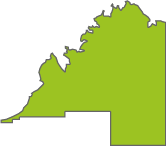Top species richness
Announcements
Hello NatureMaprs,We are desperate for testers. This is call for anyone who'd like to be involved in testing our 4.4.0 mobile update. We need as many testers as possible to ensure the application runs...
Continue reading
NatureMapr Data Management and Privacy Policy update
Exciting mobile app updates under way
Future of NatureMapr survey results and update
Application Testing: Update 4.4.0
Discussion
Lasioglossum sp. (genus)
Boletus sp.
Boletus sp.
Asparagus officinalis
Rytidosperma sp.
Significant sightings
- Lycopodium deuterodensum at QPRC LGA
- Mirbelia pungens at Rob Roy Range
- Tetramesa sp. (genus) at Molonglo River Reserve
- Telala musiva
- Keyacris scurra
- Gentianella muelleriana subsp. jingerensis at Namadgi National Park
- Gentianella muelleriana subsp. jingerensis at Namadgi National Park
- Bipalium kewense at Berry, NSW
- Engaeus cymus at Lower Cotter Catchment
- Spiloscapha thallioides
Latest identifications
Robshelfordia sp. (genus) at Casey, ACT
Lasioglossum sp. (genus) at QPRC LGA
Laetiporus portentosus at QPRC LGA
Dillwynia phylicoides at Black Mountain
Dillwynia phylicoides at Black Mountain
Hardenbergia violacea at Black Mountain
Dillwynia phylicoides at Black Mountain
Hardenbergia violacea at Black Mountain
Top contributors
- AlisonMilton 12.3K
- trevorpreston 12.2K
- michaelb 10.2K
- Tapirlord 9.4K
- RodDeb 9.2K
- Mike 8.3K
- KylieWaldon 6.1K
- kasiaaus 6.1K
- jb2602 6K
- MatthewFrawley 5.5K
Top moderators
- MichaelMulvaney 42.2K
- Tapirlord 21.8K
- natureguy 15.1K
- donhe 12.5K
- michaelb 11.5K
- Liam.m 11.5K
- ibaird 10.7K
- KimPullen 7.9K
- MatthewFrawley 5.8K
- AlisonMilton 5.3K
Explore Australia by region
Australian Capital Territory
Canberra & Southern TablelandsNew South Wales
Albury, WodongaCanberra & Southern Tablelands
Central West NSW
Far West New South Wales
Greater Sydney
Hunter Region
New England
New South Wales North Coast
Riverina Murray
South Coast
Southern Highlands
Northern Territory
Central and BarkleyTop End and Big Rivers


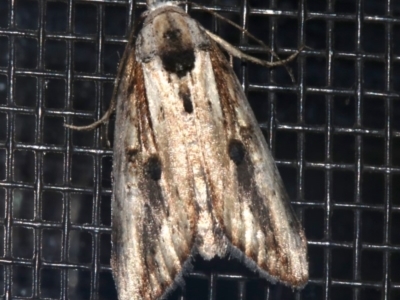







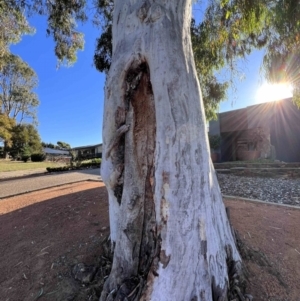









































![Unidentified Cap on a stem; gills below cap [mushrooms or mushroom-like] at suppressed by WendyEM Unidentified Cap on a stem; gills below cap [mushrooms or mushroom-like] at suppressed by WendyEM](https://api.naturemapr.org/api/sightings/4569070/images/1?width=300&height=300)


















































































